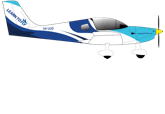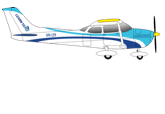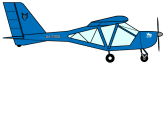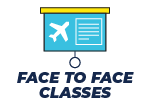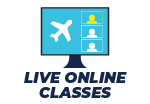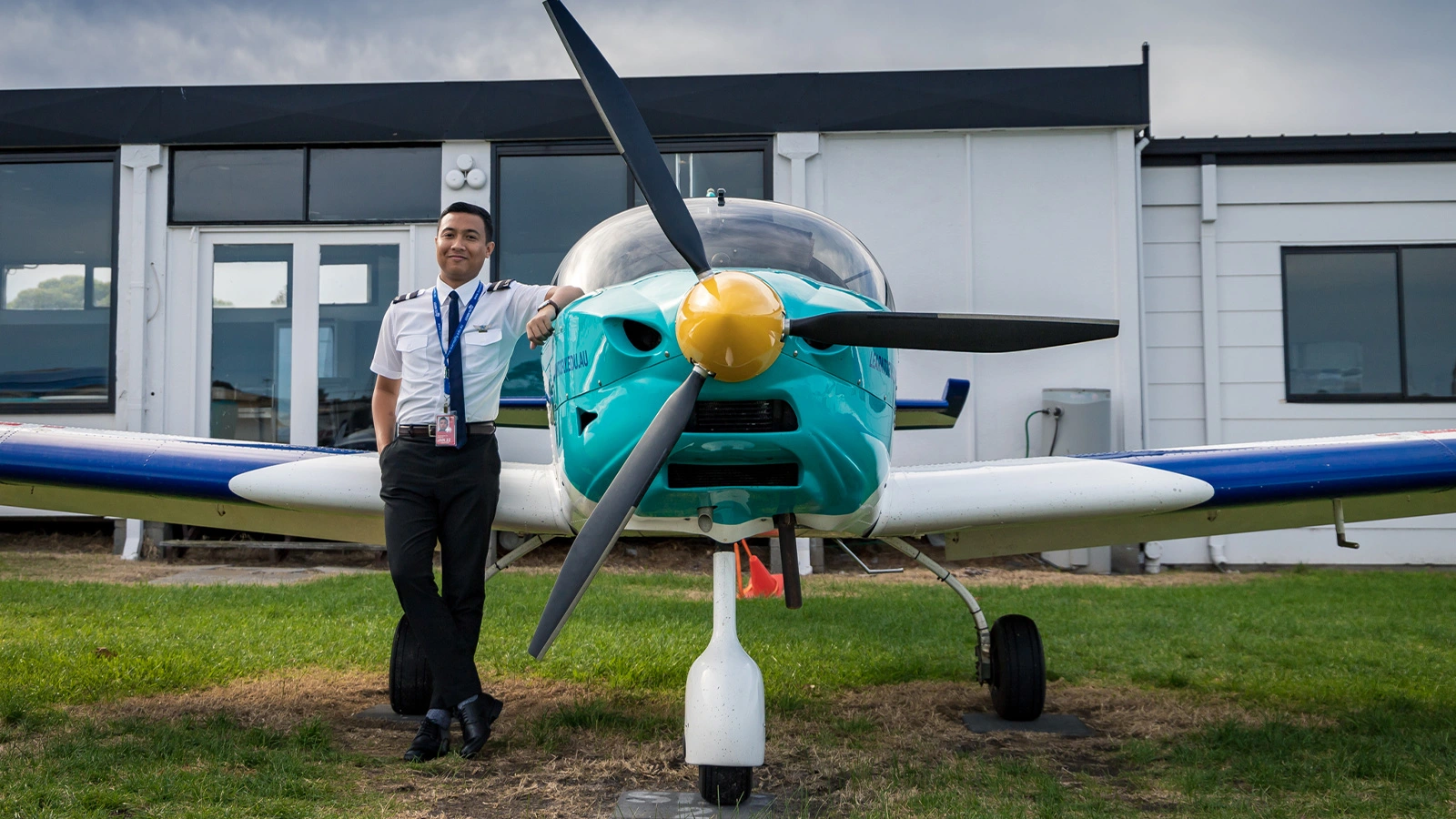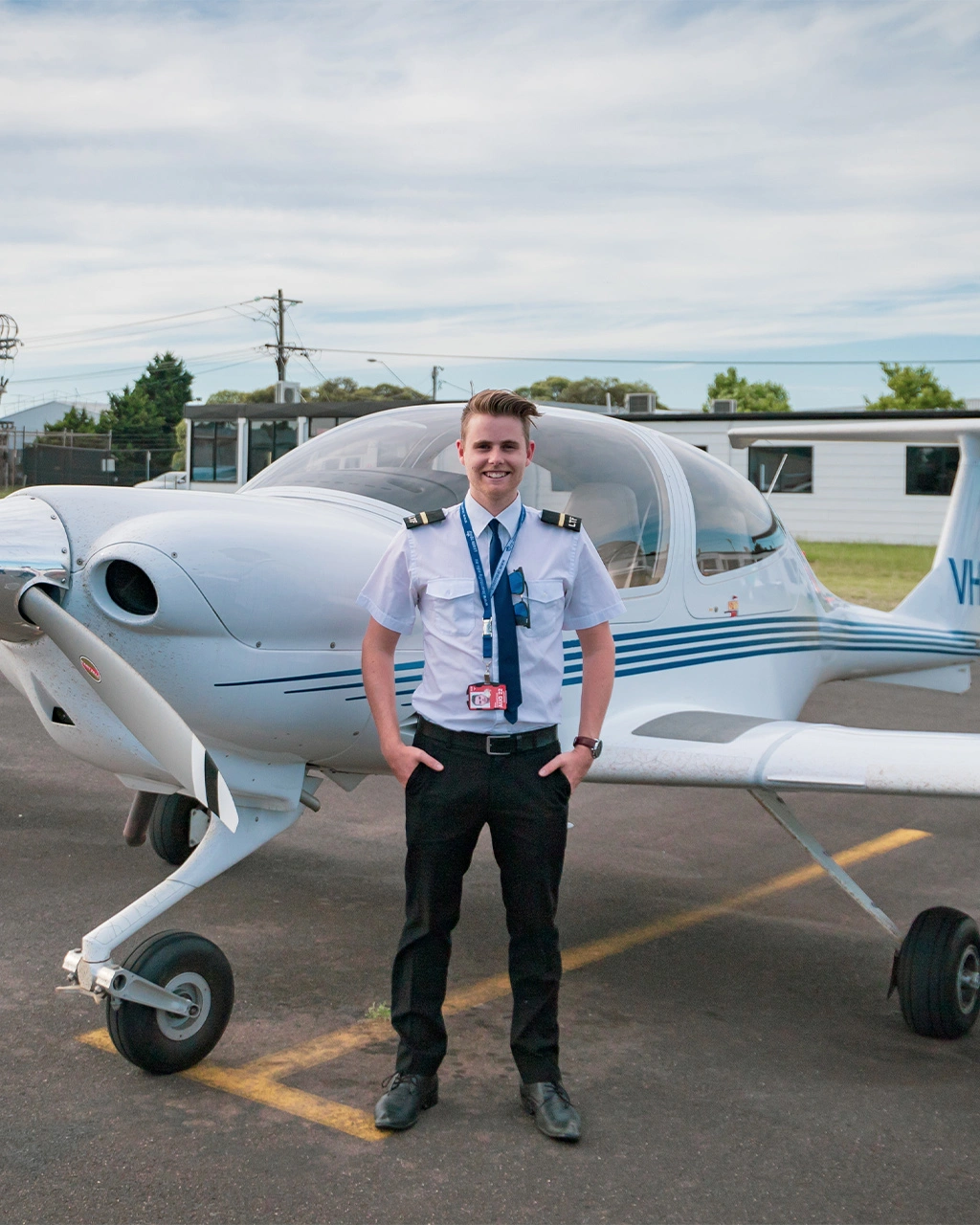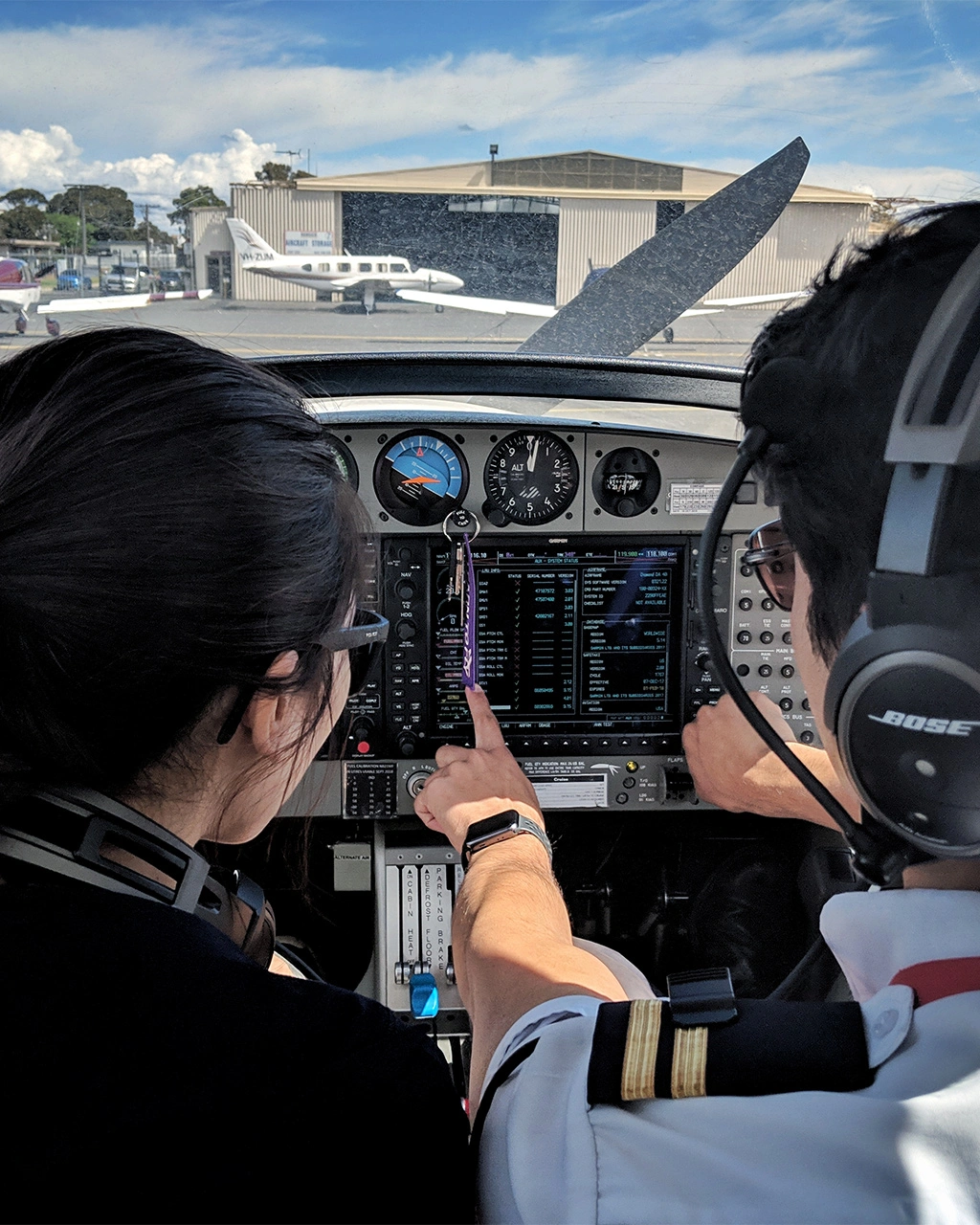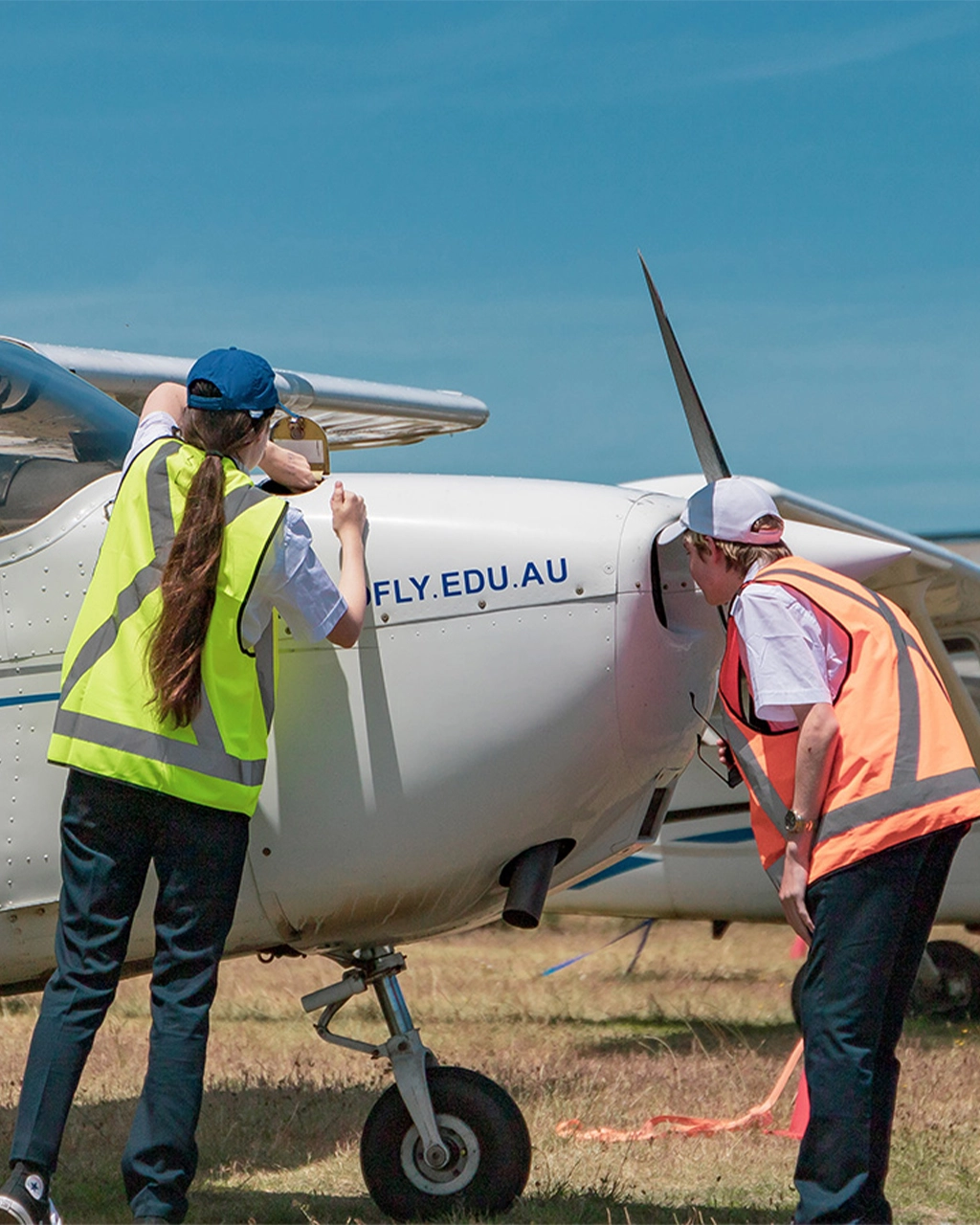
Learn Everywhere.
Private Pilot License (PPL) Theory Course
Select delivery methods

Commencing in
Duration
Theory Required For Navigation
The Private Pilot License (PPL) Theory course builds on the concepts covered in the Recreational Pilot License (RPL) training syllabus. You will progress into more advanced and in-depth areas of aeronautical knowledge, with a strong focus on flight planning and navigation techniques. Completing your PPL theory components in a standalone course gives you the freedom to complete your ground training and prepare for the CASA PPL theory exam. Starting practical PPL flight training with all of the required knowledge can give you an advantage, and help to avoid the need for extra flying hours.
Learn Wherever You Are
We offer the Private Pilot License (PPL) Theory Course in a range of delivery methods, meaning that you choose to learn in a group environment or progress through the syllabus in your own time from anywhere in the world. Our course options include:
1. Face to Face: Scheduled group classes taught at Learn To Fly’s state-of-the-art training facility in Melbourne, with another 3 additional instructor theory hours included;
2. Virtual Classroom: Scheduled group classes presented using the Zoom Meeting online platform, with another 2 additional online instructor theory hours included;
3. Online Subscription: All classes are available by a secured student portal to watch at your own pace, with discounted instructor theory hours available for extended learning.
-
1. Aerodynamics
This unit builds on the knowledge learnt in the RPL Theory course, and looks deeper into the fundamental principles of flight, along with stability, design features, and ground handling.
-
2. Meteorology
You will continue to build on your meteorological knowledge with further discussion on weather phenomena, and learn to integrate operational meteorology into flight planning and methods of navigation.
-
3. Aircraft General Knowledge
Expand your knowledge on how aircraft operate, with detailed lessons on propulsion systems including propellers, superchargers, and turbochargers, as well as further insight into flight systems.
-
4. Human Factors
In this session, you will further develop your understanding of human factors in aviation, based on the key areas of health, hearing, vision, balance, stress, fatigue, and TEM (Threat and Error Management).
-
5. Air Law
Air Law is a large and ongoing area of learning. This session provides further insight into the regulatory structure, documentation, flight crew licencing, airspace, aerodromes, conditions of the flight, air service operations, and emergencies.
-
6. Navigation
The PPL practical flight training is based largely on navigation, making this an important session that looks at the properties of earth, the earth's motion, bearings, maps and charts, visual navigation, and radio navigation.
-
7. Flight Planning & Performance
This unit outlines airworthiness, aerodromes, and ALAs (Aeroplane Landing Areas), and builds upon your current knowledge of pressure, density, takeoff and landing performance, and weight and balance.
Supercharged by Learn To Fly
Course Content
Every student pilot should enjoy flying. Learn To Fly is constantly creating resources to help students do just that. Not only modern aircraft, but also facilities, experienced instructors and curriculums to create magical learning experiences and make every moment of air time worth it.
See why there’s no better place to learn to fly.
Our Graduate
Izz Ramlan“The LTF PPL Theory course not only helped me to successfully pass my PPL theory test (PPLA exam), but it also helped to prepare me for practical flight training and improve my skills through better knowledge. LTF has a small instructor to student ratio, which made the teaching very focused and allowed me to learn faster and have questions answered immediately.”
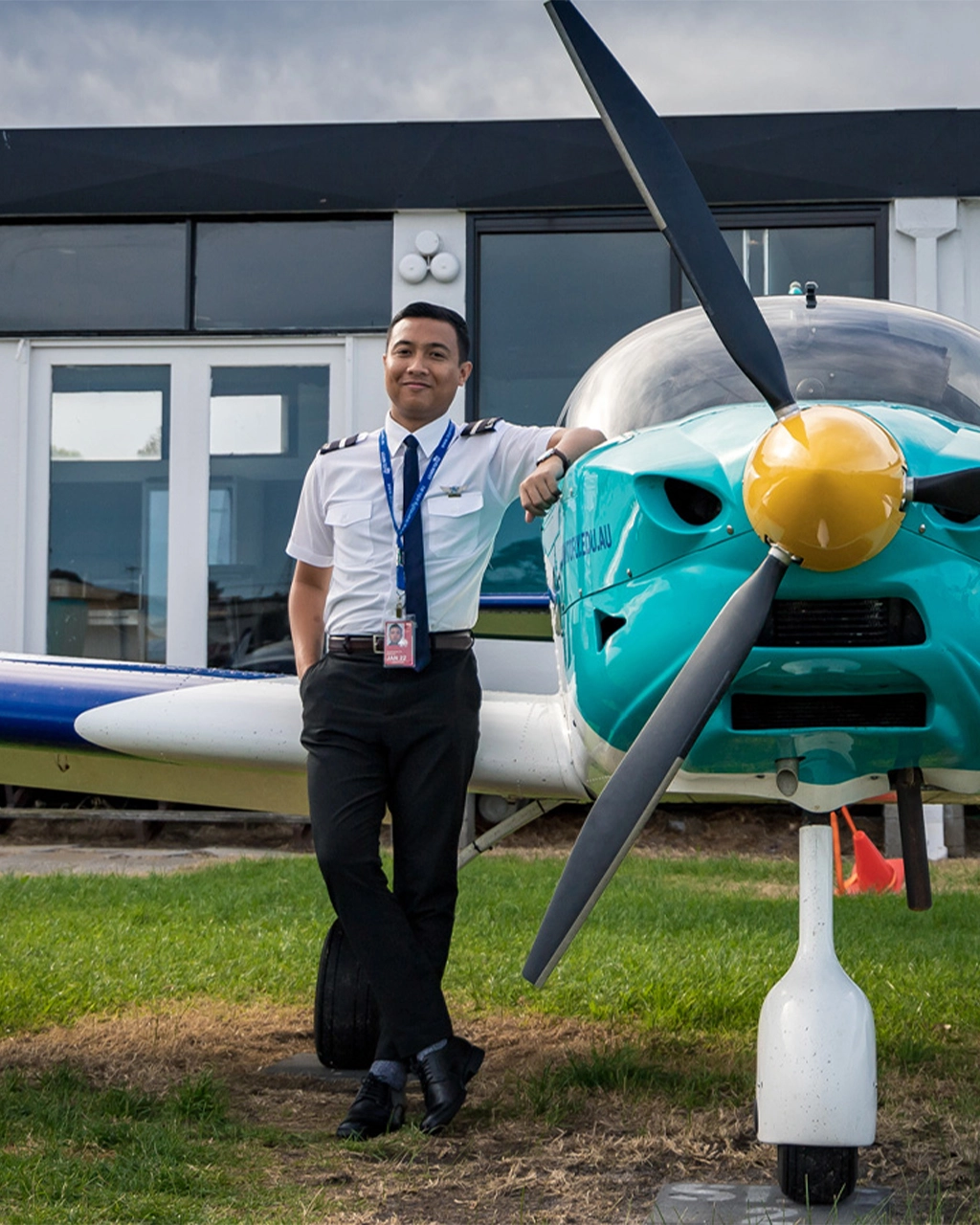
Start Your Flight Training Now.
Download Our FREE Course Guide
Our training program will support your learning and develop your flying skills in and out of the classroom. For detailed information on the course, including program introduction, prerequisites, training syllabus, fees and more, please download our FREE Course Guide.


